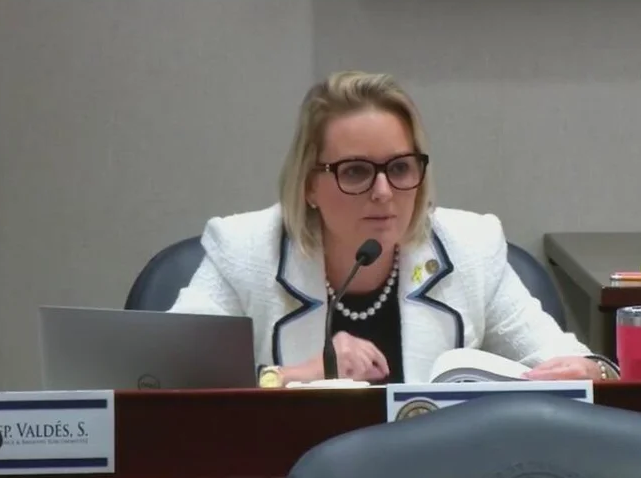When homeowners discover a plumbing issue in their home, there are usually several things running through their minds: investigating the source of the leak, stopping and fixing the problem, and drying as much of the water as possible. One thing that can be easily overlooked, especially by insureds who have never experienced a plumbing leak before, is to report the loss to your property insurance carrier. If you fail to do so, you might find yourself hearing two words dreaded in the insurance industry: late notice.
I recently came across an opinion from Florida’s Fourth District Court of Appeal, De La Rosa v. Florida Peninsula Insurance Company,1 that demonstrates how claims can be put at serious risk by not promptly notifying the carrier of the loss. The case involved two homeowners who had discovered that water was backing up into the shower in April 2014. Realizing that water was leaking under their floor, they contacted a plumbing company who replaced all of the drainage system for the home’s septic tank.
The insureds later submitted a claim to their insurance carrier for the damages caused by the loss in April 2015. By this time, it had not only been over a year since the drainage failure, but the bathroom had also been completely remodeled. The carrier ultimately denied coverage after the insurer’s adjuster determined he was unable to determine either “the cause or origin” or the “extent or scope” of the damage due to the renovations. The insureds then filed suit.
The insurer successfully moved for summary judgment based on the insured’s failure to comply with the policy requirement to promptly report the loss. It argued that because of the late notice, the carrier had been prejudiced because they were unable to investigate the cause and extent of the claimed damage to the property. The policyholders conceded that they gave late notice, but disputed that the carrier had suffered any prejudice because of the delay.
The appellate court, however, reached the same conclusion as the trial court and upheld the ruling. The court noted how both parties’ experts agreed that the damages associated with the drainage failure would increase with time if not properly remedied. The court concluded, the insurer was prejudiced by the passage of time between the loss and its investigation since it was now unable to determine the damage at the time of the incident. In reaching this decision, the court explained:
In this case, […] even though there may be disputed issues of fact as to whether the insurer was prejudiced in determining the cause of the loss, the facts, even as presented by the insured’s adjuster and engineer, show that the insurer would be prejudiced by the passage of time in investigating the extent of the loss, and thus, the cost of repair. The insured did not overcome the presumption of prejudice.
As this case demonstrates, it is extremely important to understand your homeowner’s policy before you find yourself in a situation such as the one in De La Rosa.
If you have questions about your policy, including your obligations following a loss, don’t delay and contact an experienced insurance coverage professional for help: remember, the clock is ticking!
________________________
1 De La Rosa v. Florida Peninsula Ins. Co., No. 4D17-1294, 43 Fla. L. Weekly D1116 (Fla. 4th DCA May 16, 2018).



